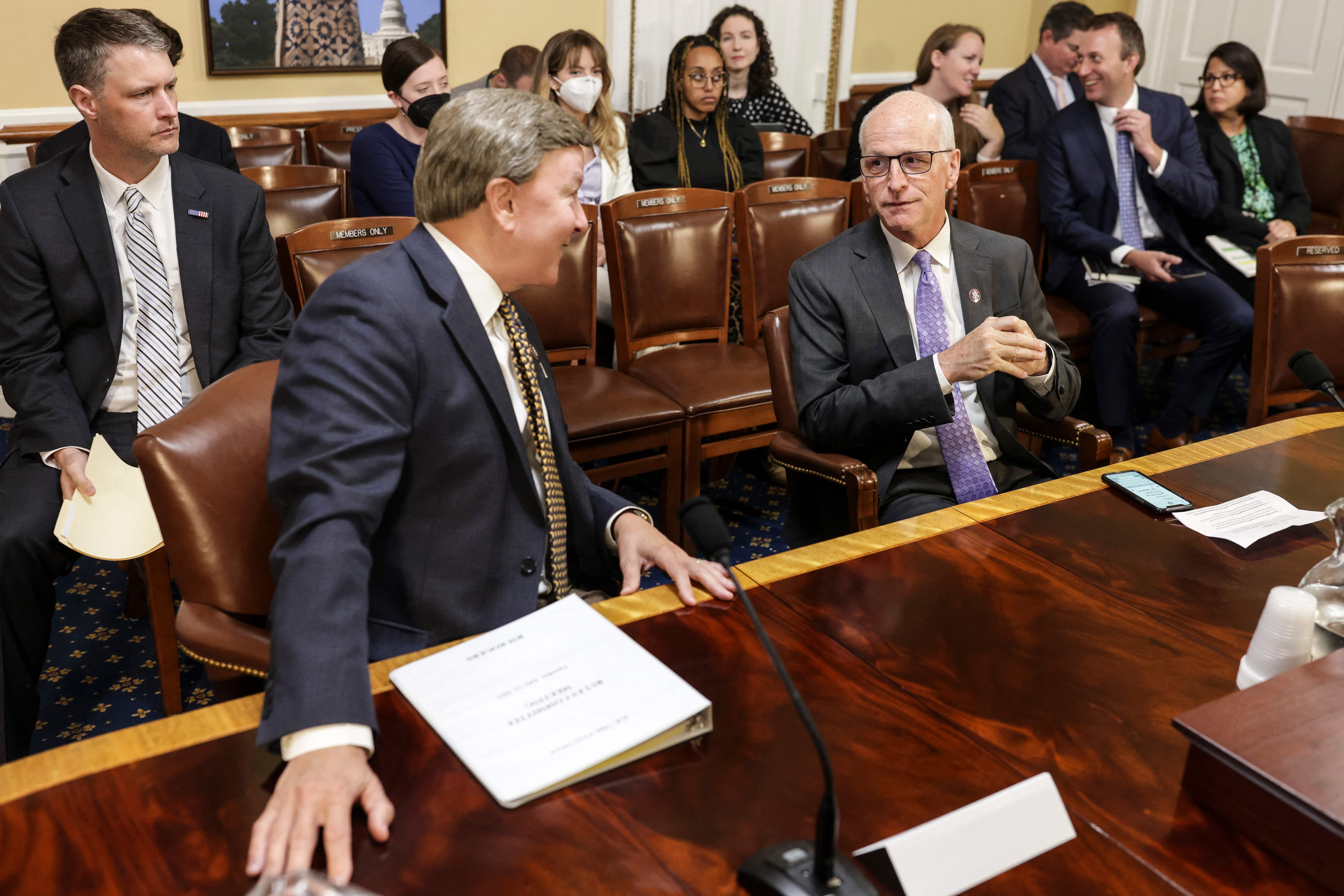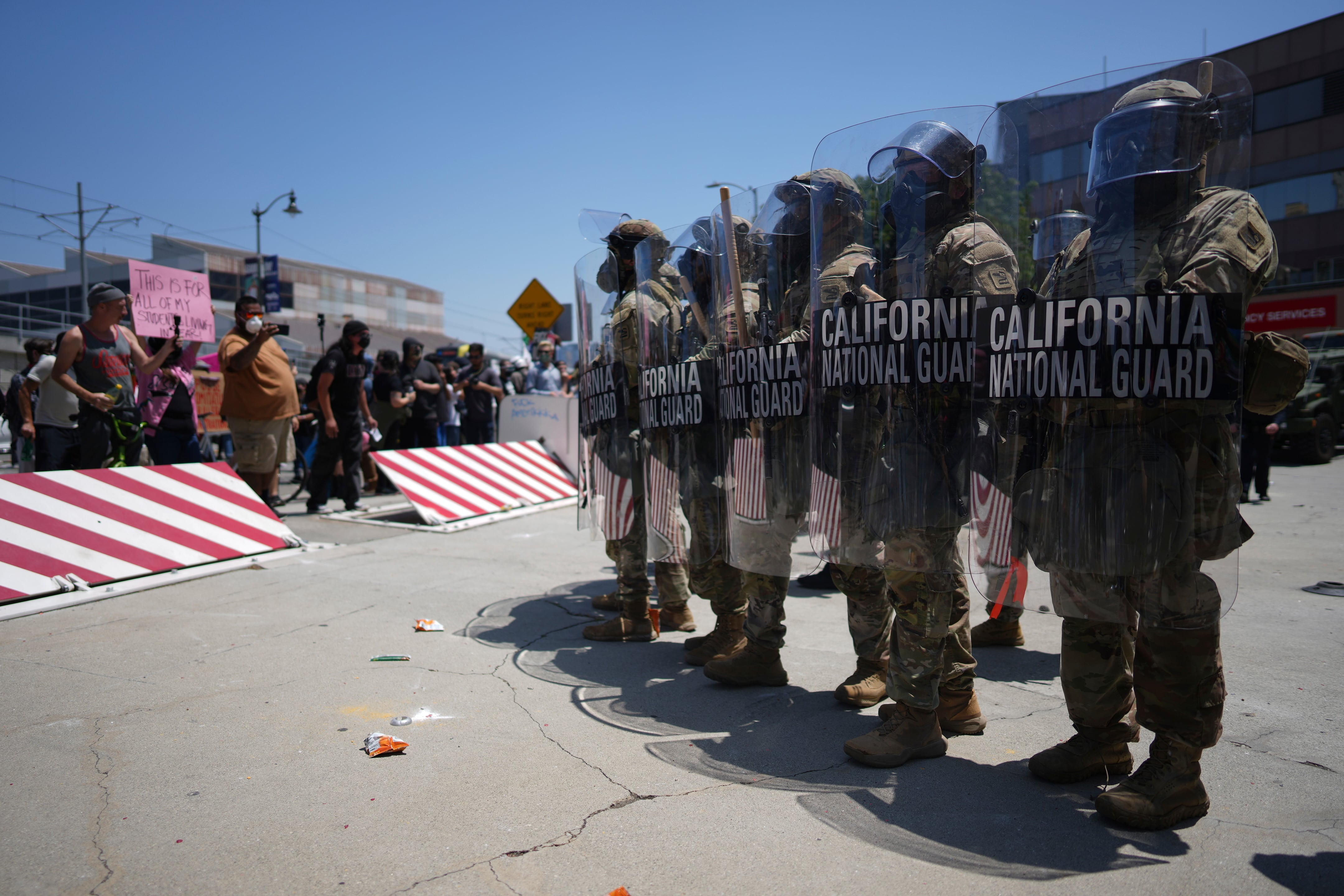ISLAMABAD — Pakistan’s top political and military leaders on Thursday offered a stark response to Donald Trump’s accusations earlier this week, telling the American president that scapegoating Pakistan will not bring about peace in Afghanistan.
The message also reiterated Islamabad’s rejection of Trump’s allegation that Pakistan harbors militants who battle U.S. forces across the border in Afghanistan. In turn, the Pakistani officials demanded that the U.S. military eliminate militants who use Afghan soil to stage attacks in Pakistan.
Islamabad’s response followed an hours-long meeting between Prime Minister Shahid Khaqan Abbasi and army chiefs, all members of the National Security Committee — Pakistan’s top forum on issues relating to the country’s defense and security.
Trump’s remarks on Monday, in which he lashed out at Pakistan, an ostensible U.S. ally, blaming it for violence in Afghanistan, and demanding that Islamabad stop giving sanctuary to “agents of chaos, violence and terror,” have shocked Pakistan.
They have also drawn nationwide condemnation. Pakistan’s opposition has asked Abbasi to cancel a scheduled visit by Pakistan’s foreign minister to Washington. Pakistan’s top opposition leader, cricket-star-turned-politician Imran Khan, also demanded Abbasi convene a special session of Parliament to discuss Trump’s threats.
Thursday’s meeting of the National Security Committee also noted Trump’s comment in which he said Washington paid billions of dollars to Pakistan — only to have it shelter terrorists.
“Scapegoating Pakistan will not help in stabilizing Afghanistan,” the committee said, according to a statement issued by the premier’s office. It also called for recognition by the Trump administration of Pakistan’s many sacrifices — thousands of civilians and security forces have lost their lives in the country’s fight against insurgency and militancy on its own soil. The struggle has also cost this Islamic nation $120 billion in economic losses.
However, U.S. officials and analysts have long accused Pakistan of playing a double-game with Islamic extremists — supporting those that threaten its rivals in India and Afghanistan while cracking down on those who target its own citizens.
The committee reiterated Pakistan’s commitment that it will not allow its soil to be used for violence against any other country.
“We expect the same from our neighbors,” it said — a reference to Afghanistan and India.
Trump’s claims of giving billions of dollars in aid to Pakistan were “misleading to the extent that the reimbursements to Pakistan since 2001 only account for part of the cost of ground facilities and air corridors used by the United States for its operations in Afghanistan, rather than any financial aid or assistance,” the statement stressed.
The meeting pledged to continue helping international community to ensure peace in Afghanistan.
Pakistan has been at war with the Pakistani Taliban and homegrown extremists for years, but it has also long tolerated the Afghan Taliban and the allied Haqqani network, which have been behind many attacks in Afghanistan.
Islamabad has also been under international pressure to try and bring the Taliban leaders, based in Pakistan’s restive southwestern region since their rule in Afghanistan was overthrown in the 2001 U.S. invasion, into some form of negotiations with Kabul.










